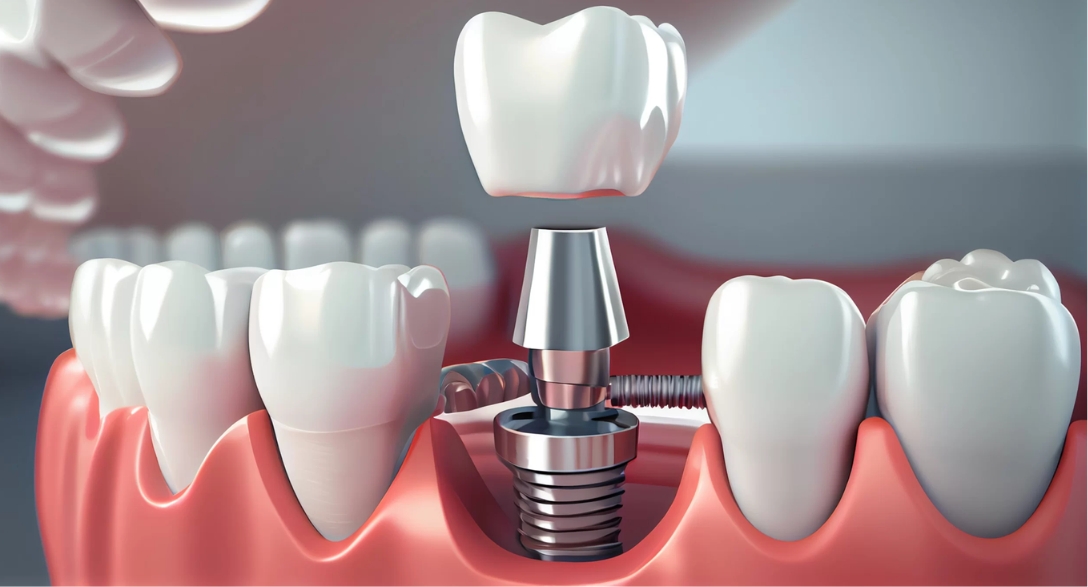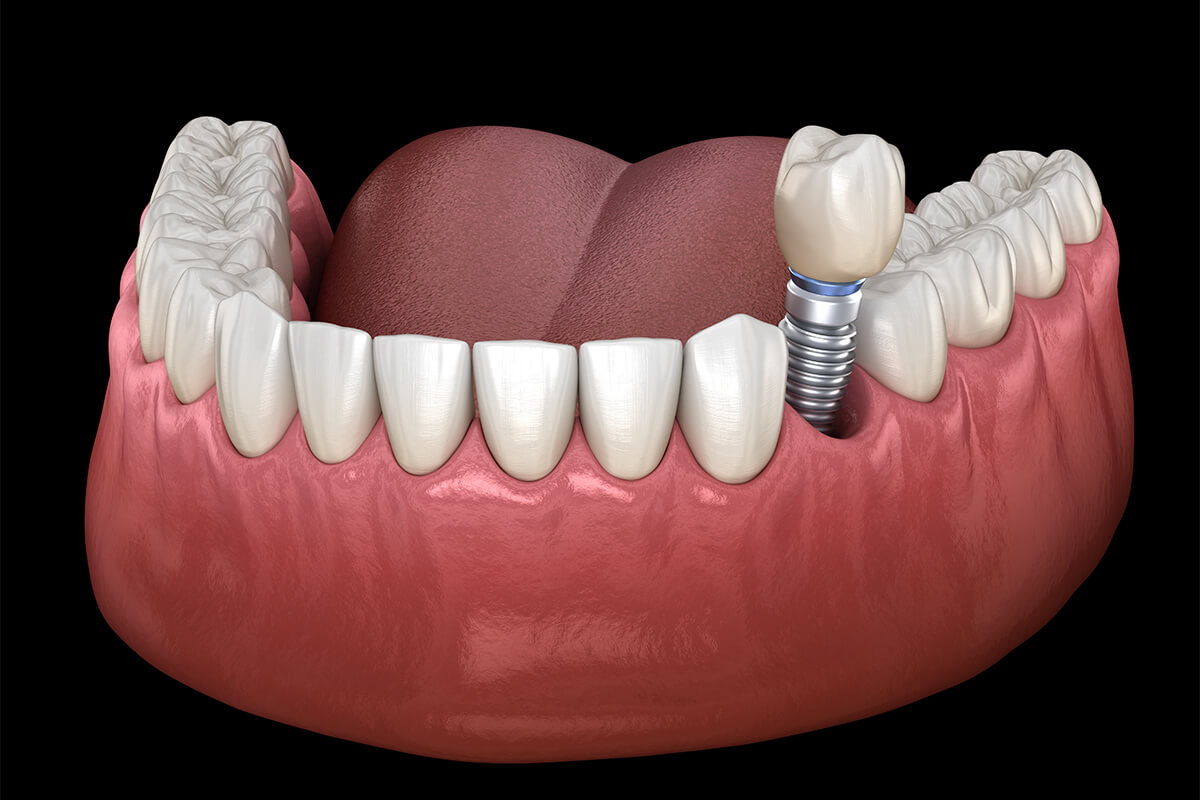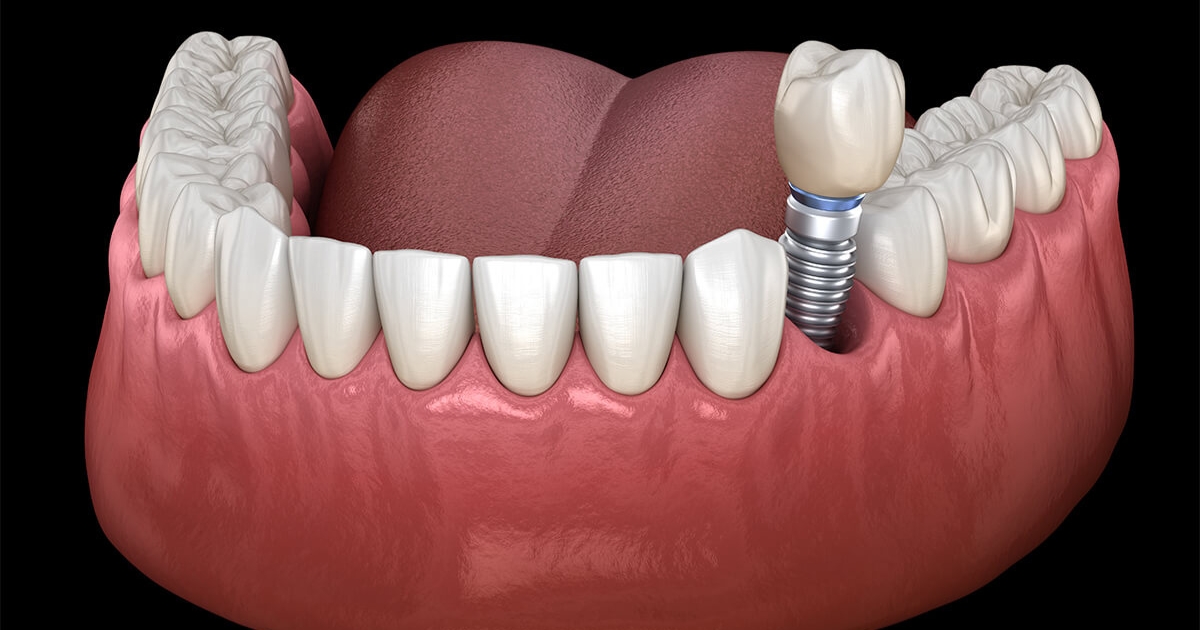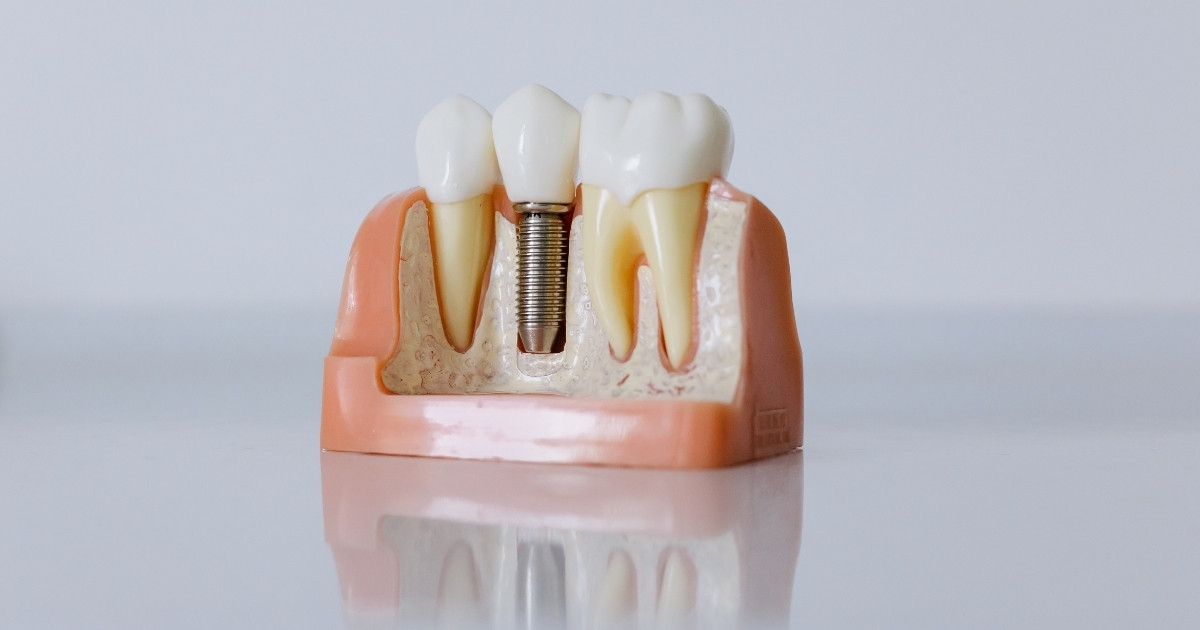Call Us Today 817-737-7668

Have you received a strong, permanent, and life-altering dental implant? Then suddenly one day, it feels funny.
You bite down on your sandwich, and something moves. However, that can’t be normal. Some questions can poke into your mind: Is it failing? Do I need to get a new one? Will I lose my smile?
Take a deep breath. You’re not alone. A loose dental implant isn’t necessarily a catastrophe.
Is It the Implant That’s Loose?
All looseness does not necessarily mean the dental implant itself is compromised. Sometimes, it can be the crown, which is the exposed top section. If it wobbles, the implant beneath might be fine.
Other times, the abutment screw. The piece that connects the crown and implant could be loose. It’s normal and typically simple to correct with a brief dental appointment.
The actual issue is whether the dental implant fixture is shifting in your jawbone. If so, it’s worse and requires immediate treatment.
You must note where the shift occurs at the crown or deep down in the gum. Moreover, you should know what kind of looseness occurs. It will help you describe symptoms more accurately to your endodontist. This is time-saving and leads to more rapid treatment.
Common Causes of a Loose Dental Implant
A variety of issues can cause a loose dental implant. The worst is loose osseointegration, when the implant never integrates with the bone correctly. This usually occurs because of insufficient bone density or an incorrect placement method.
Another frequent offender is peri-implantitis. It is an infection that compromises the bone and tissues surrounding the dental implant. Smoking or poor dental hygiene can cause peri-implantitis and can compromise the implant.
Teeth grinding trauma or impact has the ability to destabilize the implant as well. Don’t dismiss that clicking or shifting. It may be a warning sign. Mechanical failure, such as a loose screw or worn crown, is less catastrophic. However, it still requires repair.
Any of these problems requires attention. You must choose endodontic treatment for successful implant and good aftercare. The sooner you address the cause, the better the result for your dental implant.
What You Should Do Right Away
First, remain calm. A loose dental implant does not necessarily indicate complete failure. You should stop chewing on the side that is affected. Shield the area from additional pressure or movement.
Consider skipping sticky or hard foods. They can make it worse or hurt the surrounding teeth. You should never try to repair it yourself. Consider no glue, pliers, or homemade tricks. If you attempt to fix it, it will lead to infection or permanent damage to your dental implant.
You should call your endodontist right away. Don’t let it get worse. Explain your symptoms in detail: where the looseness is, the degree of pain, and how long it has occurred. You can cure most problems if detected early.
Consider selecting endodontic for successful implants and significant assessments. Your endodontist will X-ray and examine for infection, mechanical issues, or bone loss. Treatment can include screw tightening, cleansing the area, or replacing parts.
A swift visit today will save your dental implant and avoid complications. You must heed professional guidance carefully and follow through on all follow-up visits. Good today means better tomorrow.
Your smile should receive professional attention, not trial and error. Take control and stay ahead of the game, and guard your investment. Your implant can still last for decades with proper care.
Book a check-up with our professionals today. Your future self will appreciate it.





